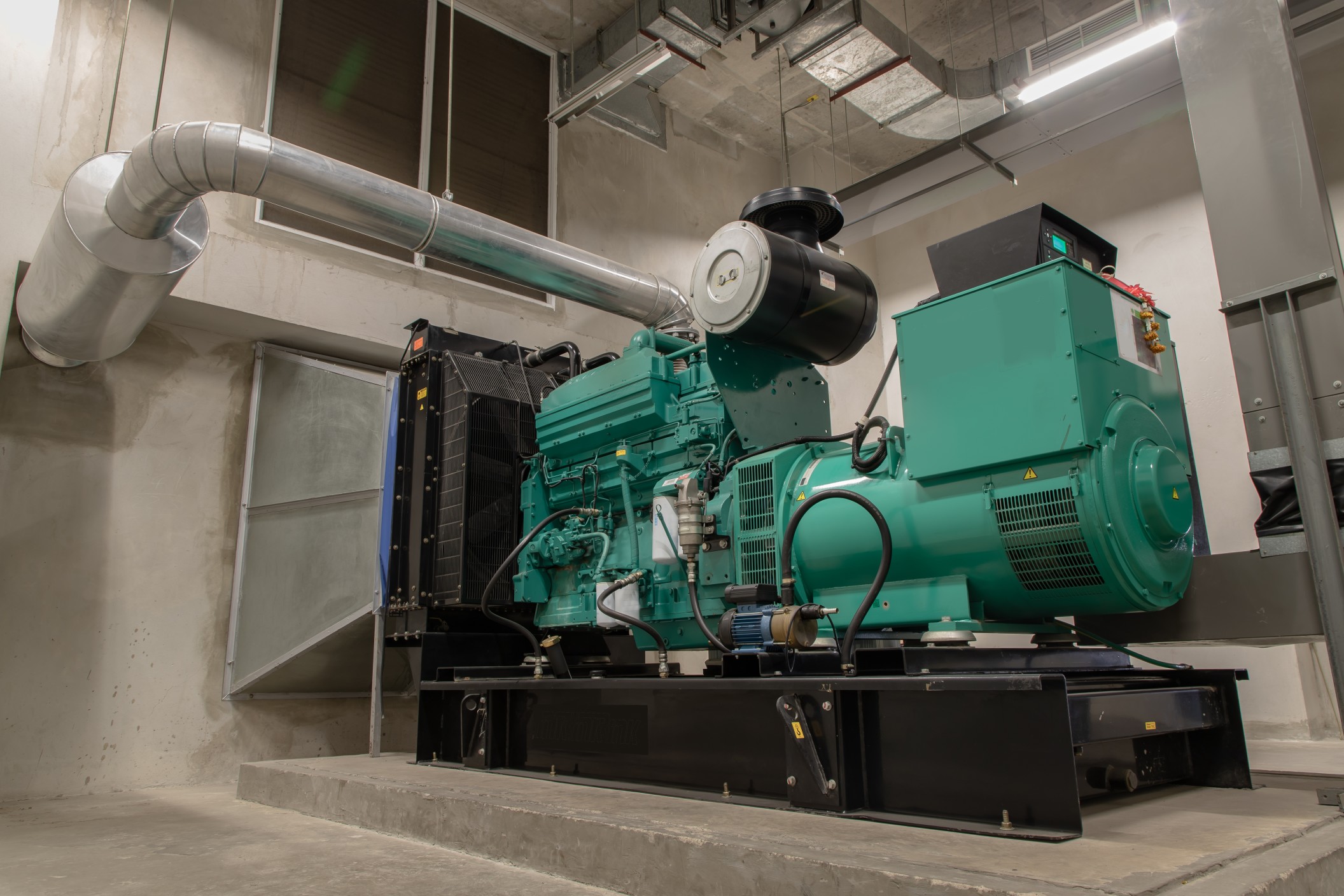Both home backup batteries and standby generators provide an extra level of security to households that experience frequent power outages. They allow residents to weather storms comfortably without worrying about how they’ll power essential appliances and electronic devices.
While the general purpose of backup batteries and standby generators is the same, there are some key differences between these two types of systems. Read on to find out what homeowners need to know before choosing whether to buy a home backup battery or a standby generator.
Operating Cost
Standby generators require more maintenance, and they need fuel to generate power. Most generators that fall into this category are hooked into the municipal gas grid and supplied by natural gas. Homeowners with standby generators should expect to pay for gas, maintenance, and occasional repairs.
Backup batteries work differently. They’re hooked into the electrical grid instead of the local gas lines and are used to store electricity instead of generating it by burning a fuel source. Backup batteries require far less maintenance and repairs and no fuel at all, so they have lower associated operating costs.
Power Access
The downside of grid-tied backup batteries is that compared to standby generators, they offer less power access. Backup batteries are perfect for dealing with short outages or supplying emergency power to essential systems, but they’re not as good during long-term outages.
If the power goes out for days, even a large battery bank won’t be able to keep up with demand. Homeowners will need to hook it up to either a solar array or a backup generator to recharge once it becomes depleted. Standby generators, on the other hand, can supply ongoing power for the duration of even a prolonged outage.
Ability to Withstand Supply Chain Disruptions
When the power goes out due to a serious storm or another natural disaster, it can also disrupt other supply chains. Homeowners may be unable to get access to natural gas and other fuels, which can leave standby generators unable to keep up with the household’s demands.
While standby generators require fuel to generate power, backup batteries are a little more versatile. Homeowners who are concerned about prolonged outages or supply chain disruptions can purchase solar panels to charge their batteries. As long as there’s sufficient sun and the whole system is sized appropriately, it should be able to continue providing independent power no matter what else is happening in the world.
Initial Investment Cost
Standby generators are less expensive than backup batteries. However, their higher operating costs mean that any initial savings balance out over time. Families that have it in the budget to install backup batteries and, ideally, at least a few solar panels to provide power during prolonged outages may find that they save money in the long run.
The Best of Both Worlds
One of the great things about modern backup power systems is that they can be combined for greater effect. Homeowners who don’t mind spending the extra money can install backup batteries capable of being powered by either solar or fuel-based generators. These hybrid systems offer maximum resiliency and energy independence.
Final Thoughts
Still not sure what type of emergency power supply system will best suit the family’s needs? The best thing to do is to call an expert who has experience installing all kinds of power backup systems. Ask questions, get relevant answers, then make an informed decision about which option will be the best fit.



